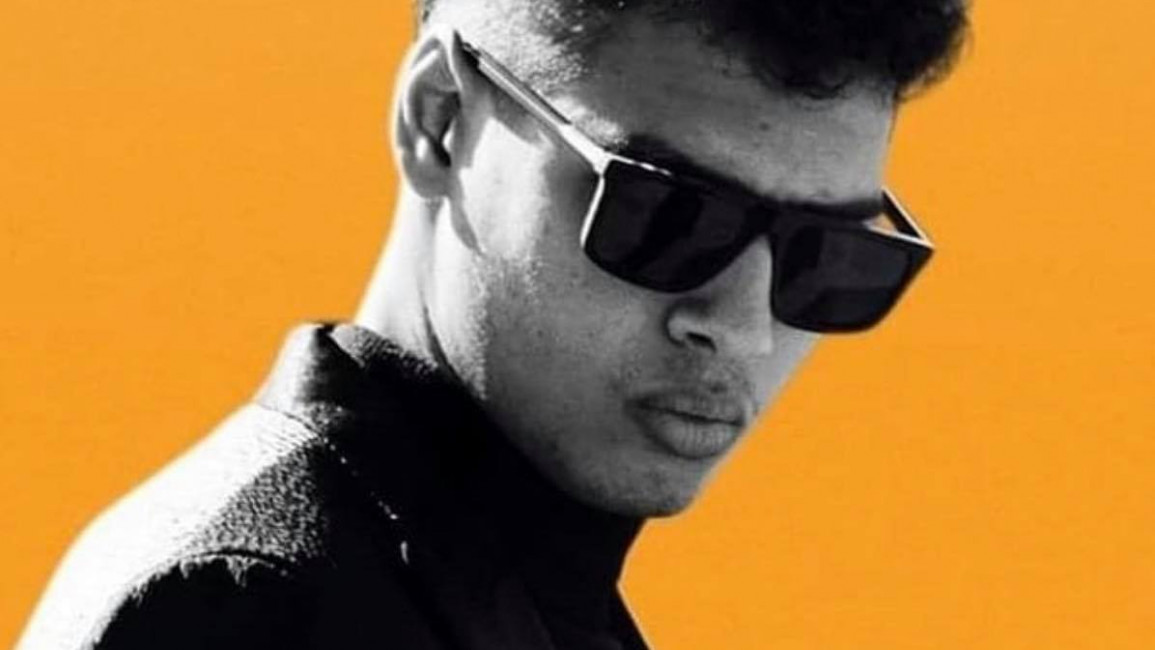Free speech advocate slams suspension of Egyptian rapper who altered prayer
Cairo – Egypt
In what rights advocates described as a violation of freedom of speech and expression, the Egyptian musicians’ syndicate recently suspended a famous rapper for altering a part of a spiritual song during a concert in Cairo last week.
Palestinian rapper - who goes by the name Shabjdeed - welcomed his colleague Egyptian rap singer Marwan Pablo on stage by alternating an old, popular invocation sung by late renowned enchanter Sheikh Sayed Al-Nakshabandi entitled ‘Mawlay’ (My Lord).
Instead of starting the prayer with ‘Mawlay Enni Bebaboka,’ (My Lord, I am at your door, opening my hands –[for prayers], who do I have [but you?]”, Shabjdeed replaced ‘Mawlawy’ with (‘Marwan,’ I’m at your door).
The musicians’ syndicate was quick to react and suspended Pablo, who was the main singer of the concert attended by several thousand.
“He tackled in one of his concerts a solid, religious supplication [representing] lofty values for Egyptians, underestimating the call,” the syndicate said in a statement.
A few days later, Shabjadeed posted a video on social media, apologising to “the beloved Egyptian people and the Muslim World” as a whole while defending his friend, Pablo.
“What happened was a misunderstanding [and a] lack of experience in dealing with audiences. I never imagined at any moment that the subject would be that sensitive. On the contrary, I thought it would be an expression of respect to the [Egyptian] culture,” he said in the video.
Renowned Egyptian rights advocate Gamal Eid described the measures taken against Pablo as “extreme” and “intolerant.”
“The fact that the syndicate didn’t like what was said during the concert does not make it a violation,” said, Eid, head of the Arabic Network for Human Rights Information.
Meanwhile, the move incident sparked a frenzy on social media.
While some defended Pablo and Shabjadeed, others slammed both singers, even accusing them of charges that could amount to blasphemy.
“[I’m] waiting for the morals squad to file a lawsuit against Marwan Pablo on blasphemy. [He] will be jailed. Mark my words," one social media user sarcastically tweeted in Pablo’s defence.
Another wrote: “You couldn’t find anything else but making fun of the loveliest of Naqshabandi’s supplications…down with you…filthy!”
Nevertheless, Eid believes both Pablo and Shabjadeed did nothing illegal.
“What was said does not lie under blasphemy or liber. It is a different taste. The syndicate can simply refrain from hearing it,” Eid, also a high-profile lawyer, told The New Arab.
“People lost the ability to accept the other. Oppression made people tend to become less tolerant,” Eid argued.
Pablo is one of the most popular rap singers in Egypt. His latest hit, Ghaba (Jungle), attracted about 18 million views on YouTube alone since it was released in February despite a one-year hiatus.
Pablo’s ban was not the first instance of this kind.
In February, syndicate head, Hany Shaker banned Mahraganat singers, calling their lyrics unethical. However, the popular genre has continued to garner millions of views worldwide through various streaming platforms and websites, including YouTube.
“It’s not the syndicate's role to act as a moral guardian. The actual role of the entity has been retracting in recent years,” Eid concluded.



